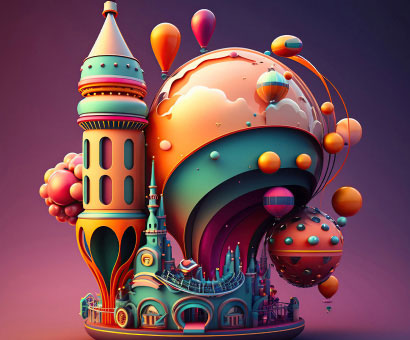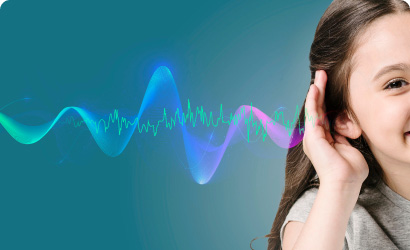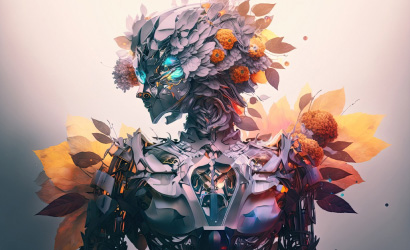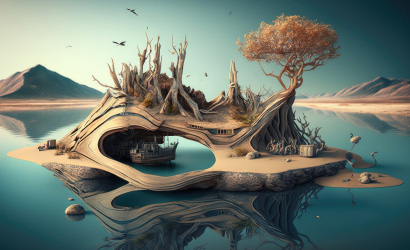No, AI cannot fully replace human content creators—at least not yet. While AI excels at generating text, images, and videos quickly, it lacks true creativity, emotional depth, and human intuition. AI can assist by automating repetitive tasks, improving efficiency, and generating ideas, but human oversight is crucial for originality, storytelling, and ethical considerations. Content created purely by AI often lacks the nuance and authenticity that human creators bring. Instead of replacing professionals, AI is best used as a powerful tool to enhance creativity and productivity.
What is AI Content Generation?
Frequently Asked Questions
-
Can AI Completely Replace Human Content Creators?
-
How Does AI Generate Text, Images, and Videos?
AI generates content using deep learning models trained on massive datasets. For text, language models like GPT analyze patterns in human writing to produce coherent and contextually relevant text. Image generation tools like DALL·E use diffusion models to transform text prompts into unique visuals. AI-powered video tools utilize deep learning to automate video editing, animation, and even voice synthesis. These models work by recognizing patterns, predicting outcomes, and generating new content that aligns with the given input. However, AI does not "think" or "understand" like a human—it simply follows data-driven algorithms.
-
What Are the Ethical Concerns of AI-Generated Content?
AI-generated content raises several ethical concerns, including copyright infringement, misinformation, bias, and deepfake manipulation. Since AI models are trained on existing data, there is a risk of generating content that unintentionally copies copyrighted material or spreads false information. Additionally, biased training data can lead to AI reinforcing harmful stereotypes. Deepfake technology, which creates hyper-realistic fake videos, can be used for misinformation and fraud. To address these concerns, companies and regulators are developing guidelines for transparency, accountability, and responsible AI usage in content creation.
-
What Is the Future of AI in Content Generation?
The future of AI in content generation is both exciting and complex. As AI continues to evolve, it will become even better at producing realistic text, images, videos, and music. AI-driven content creation will be integrated into marketing, journalism, entertainment, and education, helping automate workflows and enhance creative processes. However, challenges remain, such as ensuring ethical AI use, maintaining human oversight, and addressing legal implications. In the future, AI is likely to act as a collaborative tool, empowering human creators rather than replacing them.










